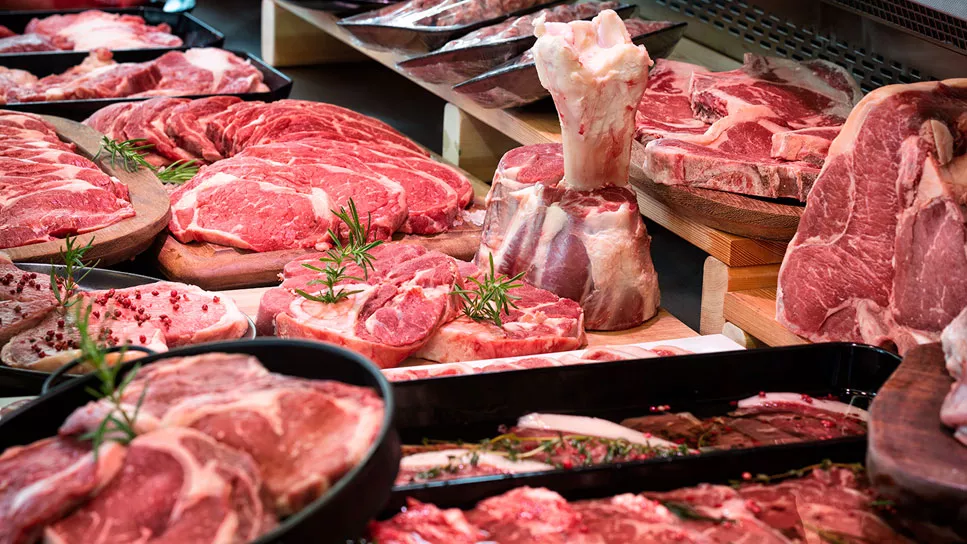As families gear up for the joyous Eidul Azha festivities, meat-based feasts take the spotlight. However, with the abundance of red meat on our plates, health experts are reminding everyone that moderation, preparation, and proper storage are essential. This Eid, let’s prioritize health alongside celebration with expert-backed advice for safe meat consumption.

Why Safe Meat Consumption During Eidul Azha Matters
Eidul Azha, also known as the Festival of Sacrifice, is celebrated with the sharing and cooking of fresh meat. But consuming meat right after slaughter can lead to digestive issues due to rigor mortis, a natural stiffening process in muscles that occurs shortly after death. According to Prof. H. Merve Bayram, head of the Nutrition and Dietetics Department at Istanbul Gelişim University, allowing meat to rest for 12–24 hours helps make it easier to digest and more enjoyable to eat.
Nutritional Value vs. Health Risks
Red meat is undoubtedly nutritious. It’s rich in:
- High-quality protein
- Iron and zinc
- Vitamin B12
- Phosphorus
But it also comes with saturated fats and cholesterol, which can increase health risks if consumed excessively. Moderation is key, especially for individuals with chronic health conditions like diabetes, hypertension, and heart disease.

Expert Recommendations for Safe and Healthy Meat Consumption
✅ Portion Control Is Essential
- Stick to 2–3 servings per week for healthy individuals.
- Ideal serving size: 90–120 grams.
✅ Cook with Care
- Avoid frying and sautéing. Choose grilling, baking, or boiling.
- While grilling, maintain a distance of 15–20 cm from the flame.
- Avoid charring meat to prevent the formation of harmful carcinogens.
✅ Smart Start to Your Day
Never eat meat on an empty stomach in the morning. Begin with a light breakfast that includes:
- Whole-grain bread
- Low-fat cheese
- Fresh vegetables
This helps in better digestion and prevents stomach discomfort.
Special Advice for Those with Chronic Illnesses
For people with cardiovascular diseases, high blood pressure, and diabetes, eating red meat requires even more care:
- Opt for lean cuts of meat.
- Avoid internal fats, tail fat, and excessive oil.
- Cook meat in its natural fat, skipping added oils.
Meat Storage and Hygiene During Eidul Azha
Handling and storing meat safely is just as important as cooking it right. Prof. Bayram advises:
- Divide meat into meal-sized portions before freezing.
- Always thaw in the refrigerator, not at room temperature.
- Store raw meat separately from fruits and vegetables.
- Use clean utensils and surfaces to avoid cross-contamination.
Add Vegetables and Skip the Soda
Other nutritionists also recommend:
- Avoiding fizzy drinks alongside meat-heavy meals.
- Include fresh vegetables with every meal to boost fiber intake and aid digestion.
Celebrating with Health and Mindfulness
Eidul Azha is a time of joy, sharing, and gratitude—but also an opportunity to adopt better habits. By following simple safety and nutrition tips, you and your loved ones can celebrate without compromising on health.
As Prof. Bayram aptly puts it, “This holiday should be remembered not only for its joy, but also for the care we take in preserving well-being.”
Let this Eid be a celebration of health, hygiene, and happiness.

